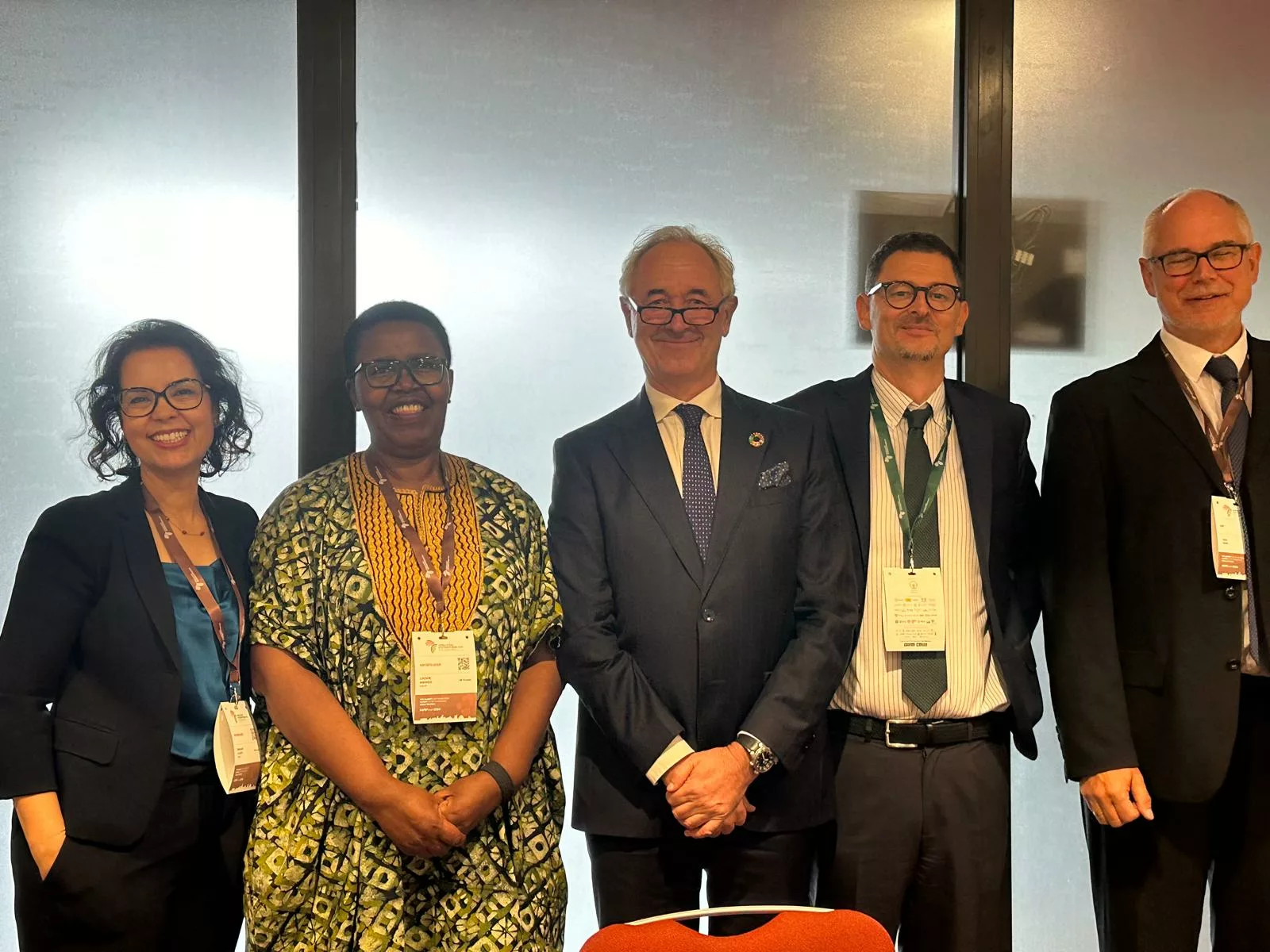Prof Lindiwe Majele Sibanda, the Consortium of International Agricultural Research Centers (CGIAR) System Board Chairperson has said that the institution’s vision for adopted crops and soils for Africa is to build resilient agrifood systems by leveraging opportunity crops and building healthy soils to enhance agricultural resilience to climate change and improve diets.
She was speaking in a High-level Panel on Women’s Leadership in Food Systems on the theme “The State of Nutrition – Advancing Nutrition Outcomes and Empowering Women for Food Systems Transformation” at the just-ended 2024 Africa Food Systems Forum (AFSF) held in Kigali Rwanda from 2 to 6 September 2024.
“The new initiative by CGIAR is called the Vision for Adapted Crops and Soils (VACS). It’s a vision for adapted crops and soils for Africa. For the first time collectively, CGIAR in partnership with FAO, with the African Union, we are going back to those grandmother crops. We’re going back to those orphan crops. We now call them opportunity crops.
“There is a listing of those that we’ve analyzed for nutrition density and climate smartness and we are going back to make sure we breed them, that the seeds are available, and that they are available as opportunity crops not just in Africa but globally. You will see your millet, you will see your okra, you will see those vegetables that your grandmother fed you and they will come back big time. And that’s how we want to save Africa. We want to address the nutrition challenge but bring more hope to resilient crops in the face of climate change,” Prof Sibanda said.
The VACS initiative aims to boost farm productivity and nutrition through the adoption of climate-resilient dryland grains and legumes, and connecting smallholders with markets and agri-services.
It will support the capacity development of farmers through training programs, fellowships, and partnerships with research institutions and universities. The VACS agenda will be promoted and advocated for through policies at local, national, and multinational levels. CGIAR will work on fostering partnerships and collaboration among public and private stakeholders to amplify the impact of VACS.
The initiative recognizes the interdependence of crops and soils and focuses on opportunity crops like sorghum, millet, cowpea, and mung bean, which are vital for food security and nutrition under climate change.
Speaking in another session, Manyewu Mutamba, the African Union Development Agency (AUDA-NEPAD) Senior Programme Officer, Food Security, said the successor to the Comprehensive Africa Agriculture Development Programme (CAADP) commonly known as the Malabo Process is expected to be endorsed by heads of State at an extraordinary summit to be held in January 2025, in Kampala, Uganda
“It is important to situate and align the Africa Fertilizer and Soil Health (AFSH) Action Plan within the new strategy. The upcoming CAADP Partnership Platform is an opportunity for partners and stakeholders to engage on the AFSH Action,” Mutamba said.






